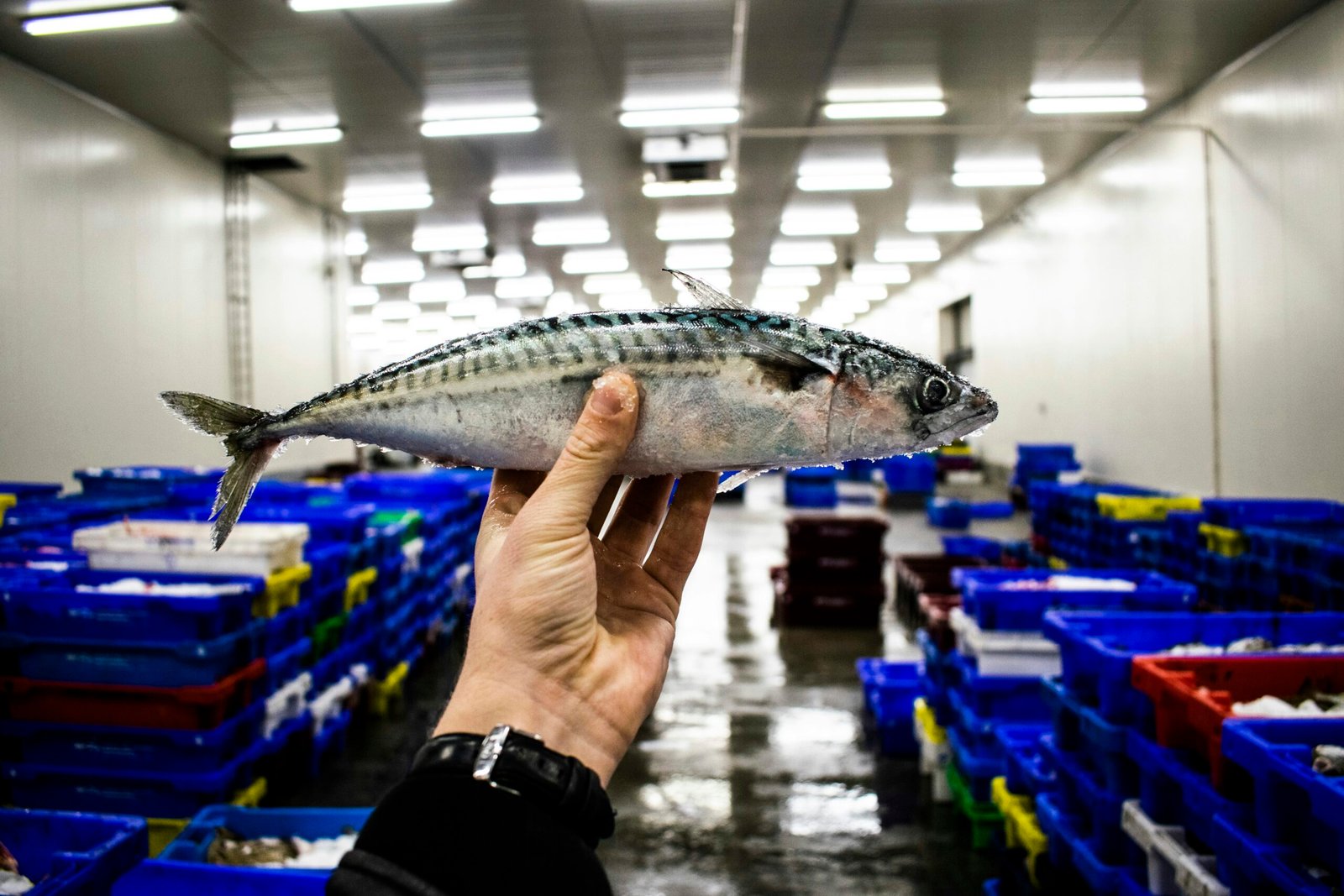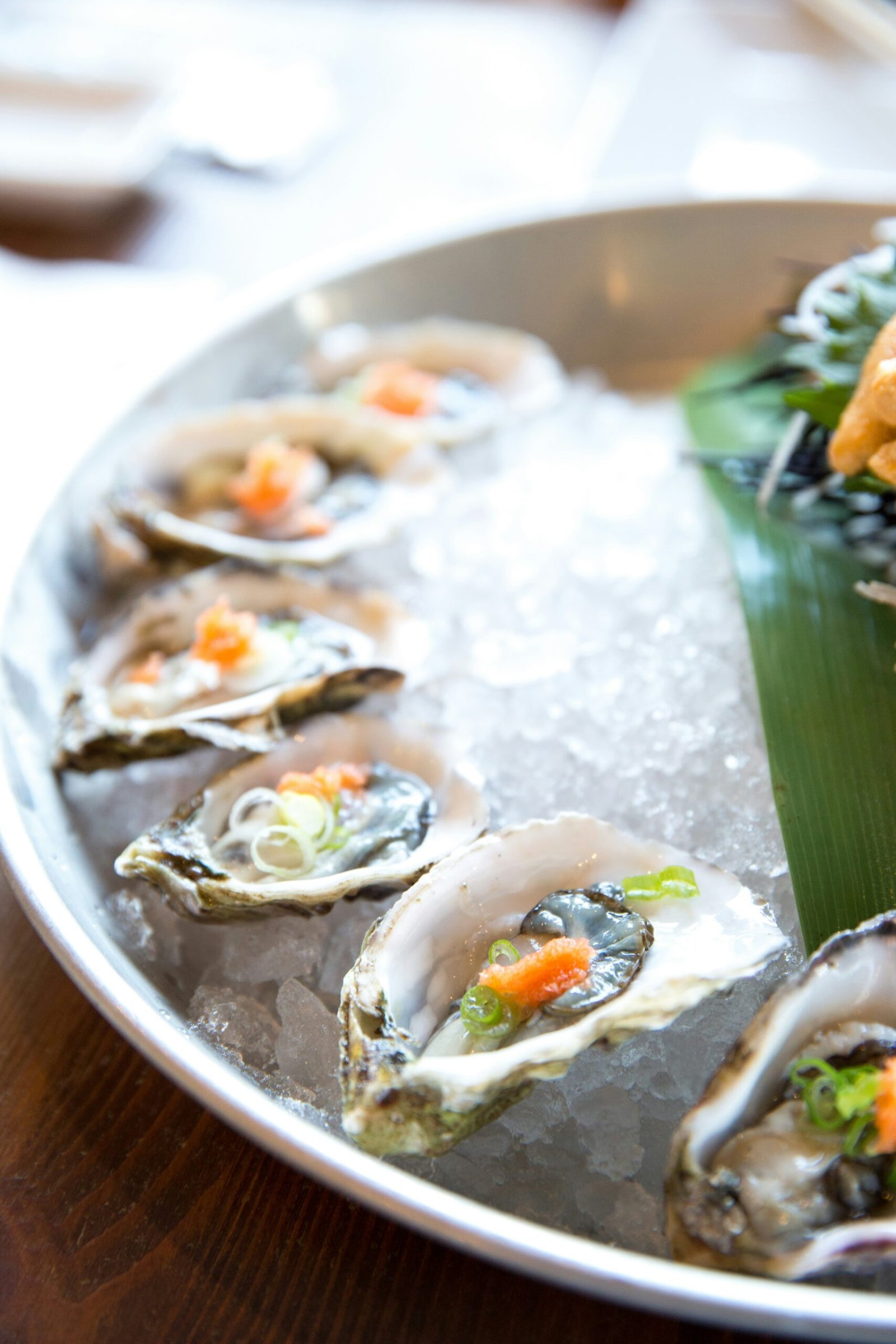Are you a seafood lover? If so, you may have wondered whether consuming seafood could potentially trigger gout attacks. Gout is a form of arthritis that causes intense pain, swelling, and stiffness in the joints, often affecting the big toe. This article will explore the relationship between seafood consumption and gout attacks, helping you understand whether your favorite dishes could be contributing to these painful episodes.

Understanding Gout
What is Gout?
Gout is a form of arthritis that occurs when there is a build-up of uric acid crystals in the joints. This leads to inflammation and intense pain, typically in the big toe but can also affect other joints such as the ankle, knee, wrist, and fingers. Gout attacks can come on suddenly and last for a few days or weeks, causing discomfort and limiting mobility.
Causes of Gout
The primary cause of gout is the body's inability to effectively eliminate uric acid. Uric acid is a waste product that is produced when the body breaks down purines, which are found in the foods we consume and are also produced by our bodies. Normally, uric acid dissolves in the blood and is excreted through the kidneys. However, in individuals with gout, the uric acid levels become elevated, leading to crystal formation in the joints.
Signs and Symptoms of Gout
Gout is characterized by sudden and severe attacks of joint pain. During an acute gout attack, you may experience:
- Intense pain in the affected joint(s)
- Swelling, redness, and warmth in the joint(s)
- Limited range of motion
- Tenderness and sensitivity to touch
- Fever and chills (in some cases)
It's important to note that gout attacks can vary in frequency and severity among individuals. Some may have infrequent and mild attacks while others may experience frequent and debilitating episodes. If you suspect you have gout, it is essential to consult with a healthcare professional for an accurate diagnosis.
Role of Diet in Gout
Overview of the Gout Diet
Diet plays a crucial role in managing gout and preventing recurrent attacks. The primary goal of a gout diet is to reduce the production and intake of uric acid. This is achieved by avoiding foods high in purines and maintaining a healthy weight. A well-balanced and nutritious diet can help manage symptoms and decrease the frequency and intensity of gout attacks.
Foods to Avoid with Gout
Certain foods are known to be high in purines and can trigger gout attacks. It's important to limit or avoid the following foods:
- Organ meats such as liver, kidneys, and sweetbreads
- Shellfish such as shrimp, lobster, and crab
- Red meat and processed meats like bacon and sausage
- Alcohol, especially beer and spirits
- Sugary beverages and foods high in fructose, such as soda and desserts
Foods to Include in a Gout Diet
While it's essential to avoid purine-rich foods, there are several options that you can include in your gout diet. These foods have lower purine content and are beneficial for managing gout:
- Low-fat dairy products like milk, yogurt, and cheese
- Plant-based proteins such as tofu, beans, and lentils
- Whole grains like brown rice, oats, and quinoa
- Fruits and vegetables, particularly cherries, berries, and leafy greens
- Nuts and seeds, including almonds, walnuts, and chia seeds
By adopting a balanced diet that focuses on these foods, you can help reduce uric acid levels and decrease the frequency of gout attacks.
Seafood and Gout: The Connection
The Link Between Seafood and Uric Acid Levels
Seafood, especially certain types, has long been associated with triggering gout attacks. This is mainly due to their high purine content. Purines are broken down by the body into uric acid, which, when in excess, can lead to gout. Seafood contains varying levels of purines, and therefore, their consumption can potentially contribute to increased uric acid levels.
Relevance of Purines in Seafood and Gout
Purines are naturally occurring compounds found in cells and tissues of animals and plants. While all animal-based proteins contain purines, seafood is particularly rich in them. The purine content of seafood varies depending on the type and freshness of the seafood. Generally, shellfish and fatty fish have higher purine levels compared to other seafood options.
Types of Seafood Associated with Gout
Shellfish and Gout
Shellfish such as shrimp, lobster, crab, and mussels are often linked to gout attacks due to their high purine content. These crustaceans tend to have more purines compared to other seafood options. Consuming shellfish in large quantities or regularly may increase the risk of elevated uric acid levels and subsequent gout attacks.
Fatty Fish and Gout
Fatty fish, like mackerel, sardines, herring, and anchovies, are also associated with gout due to their high purine content. However, it's important to note that these fish are also rich in omega-3 fatty acids, which have anti-inflammatory properties. The overall impact of fatty fish on gout can vary from person to person, and it is advisable to monitor individual responses.
Canned Fish and Gout
Canned fish, including tuna and salmon, are convenient options for many people. However, canned fish generally contains higher levels of purines compared to fresh fish. It's important to consider the frequency and portion size when consuming canned fish to minimize the risk of triggering gout attacks.

The Role of Red Meat and Gout
Comparing Seafood and Red Meat in Gout
While seafood is commonly associated with gout due to its purine content, red meat also plays a role in disease progression. Red meat, including beef, lamb, and pork, contains moderate levels of purines. Excessive consumption of red meat can contribute to elevated uric acid levels and increase the likelihood of gout attacks.
Impact of Red Meat on Uric Acid Levels
Several factors contribute to the impact of red meat on uric acid levels. The cooking method, fat content, and portion size are crucial factors to consider. Grilling or broiling red meat at high temperatures can lead to the formation of compounds that may increase uric acid production. Additionally, high-fat cuts of red meat can promote inflammation and worsen gout symptoms.
Present Research on Seafood and Gout
Studies Showing Seafood as a Trigger
Numerous studies have suggested that seafood consumption, particularly shellfish and fatty fish, may increase the risk of gout attacks. One study published in the New England Journal of Medicine found that the intake of seafood, specifically purine-rich fish, was associated with an increased risk of gout development among men.
Controversial and Contradictory Studies
Despite the prevailing belief that seafood triggers gout attacks, there have been conflicting findings in recent research. Some studies have failed to establish a definitive link between seafood consumption and gout incidence. These contradictory findings emphasize the need for personalized approaches and further investigation into the role of seafood in gout management.

Managing Gout: Nutrition Advice
Dietary Changes for Gout Prevention
To manage gout effectively, it's crucial to make certain dietary changes in addition to medication prescribed by your healthcare provider. Here are some general nutrition tips to help prevent gout attacks:
- Maintain a healthy weight: Excess weight can contribute to elevated uric acid levels, so it is essential to manage your weight through a balanced diet and regular exercise.
- Stay hydrated: Drinking an adequate amount of water helps dilute uric acid and promotes its excretion through urine.
- Limit alcohol consumption: Alcohol interferes with the elimination of uric acid, increasing the likelihood of gout attacks. It's advisable to limit or avoid alcohol, especially beer and spirits.
- Consume moderate amounts of high-purine foods: While it's important to avoid or limit high-purine foods, complete avoidance is not necessary. Moderation is key to strike a balance between enjoying seafood and managing gout.
Our Bodies Response to Dietary Changes
When you make dietary changes to manage gout, your body will respond positively over time. By reducing the intake of purine-rich foods, including seafood, and incorporating a well-balanced diet, you can help lower uric acid levels and alleviate gout symptoms. It's important to be patient and consistent with your dietary modifications, as managing gout is a long-term endeavor.
Other Triggers for Gout Attacks
Alcohol and Its Influence on Gout
Alcohol consumption, especially excessive intake, is a common trigger for gout attacks. Alcohol not only promotes dehydration, which can concentrate uric acid in the blood, but it also slows down the excretion of uric acid by the kidneys. Beer, in particular, has been linked to a higher risk of gout due to its high purine content.
Impact of High Fructose Corn Syrup
High fructose corn syrup (HFCS) is a sweetener commonly used in many processed foods and beverages. HFCS has been associated with an increased risk of gout. Excessive consumption of sugary beverages and foods containing HFCS can raise uric acid levels and contribute to gout attacks. It is advisable to reduce or avoid these products when managing gout.
Relationship Between Dehydration and Gout
Dehydration plays a significant role in gout attacks. When the body is dehydrated, uric acid becomes concentrated in the blood, increasing the risk of crystal formation in the joints. It's important to stay hydrated by drinking an adequate amount of water throughout the day to help prevent gout attacks and maintain overall health.
Medical Treatments for Gout
Types of Medications Used for Gout
In addition to dietary and lifestyle changes, medical treatments are often prescribed to manage gout. Medications for gout can be divided into two main categories: those that manage acute gout attacks and those that aim to reduce uric acid levels and prevent future attacks. Nonsteroidal anti-inflammatory drugs (NSAIDs), colchicine, and corticosteroids are commonly used to relieve pain during acute attacks. Uric acid-lowering medications, such as xanthine oxidase inhibitors and uricosurics, are used to prevent recurrent attacks by reducing uric acid levels.
Role of Anti-Inflammatory Drugs in Gout Treatment
Anti-inflammatory drugs, such as NSAIDs and colchicine, play a vital role in managing gout by reducing pain, swelling, and inflammation during acute attacks. These medications help alleviate symptoms and improve overall quality of life. It's important to consult with a healthcare professional to determine the appropriate medication and dosage for your specific needs.
Lifestyle Changes to Prevent Gout
Exercise as a Preventative Measure
Regular exercise is beneficial for gout management and prevention. Engaging in physical activities helps maintain a healthy weight, improve joint function, and reduce inflammation. Low-impact exercises like walking, swimming, and yoga are particularly suitable for individuals with gout. Consult with your healthcare provider before starting any exercise regimen to ensure it is safe and suitable for your condition.
Importance of Hydration
Hydration is key when it comes to managing gout. Drinking an adequate amount of water helps flush out uric acid from the body, reducing the risk of crystal formation in the joints. It is recommended to drink at least 8 cups (64 ounces) of water per day, but individual needs may vary. It's advisable to listen to your body and increase fluid intake when necessary, especially during hot weather or when engaging in physical activity.
In conclusion, while seafood has been associated with gout attacks due to its purine content, the impact varies among individuals. It is important to adopt a personalized approach to managing gout by paying attention to your body's response to certain foods, including seafood. By maintaining a balanced diet, making dietary changes, and consulting with a healthcare professional, you can effectively manage gout and reduce the frequency of painful attacks.
